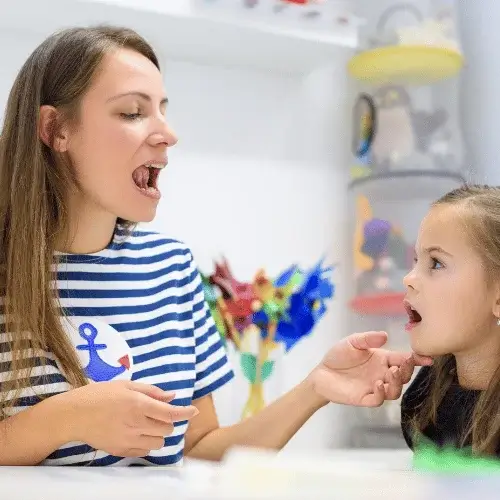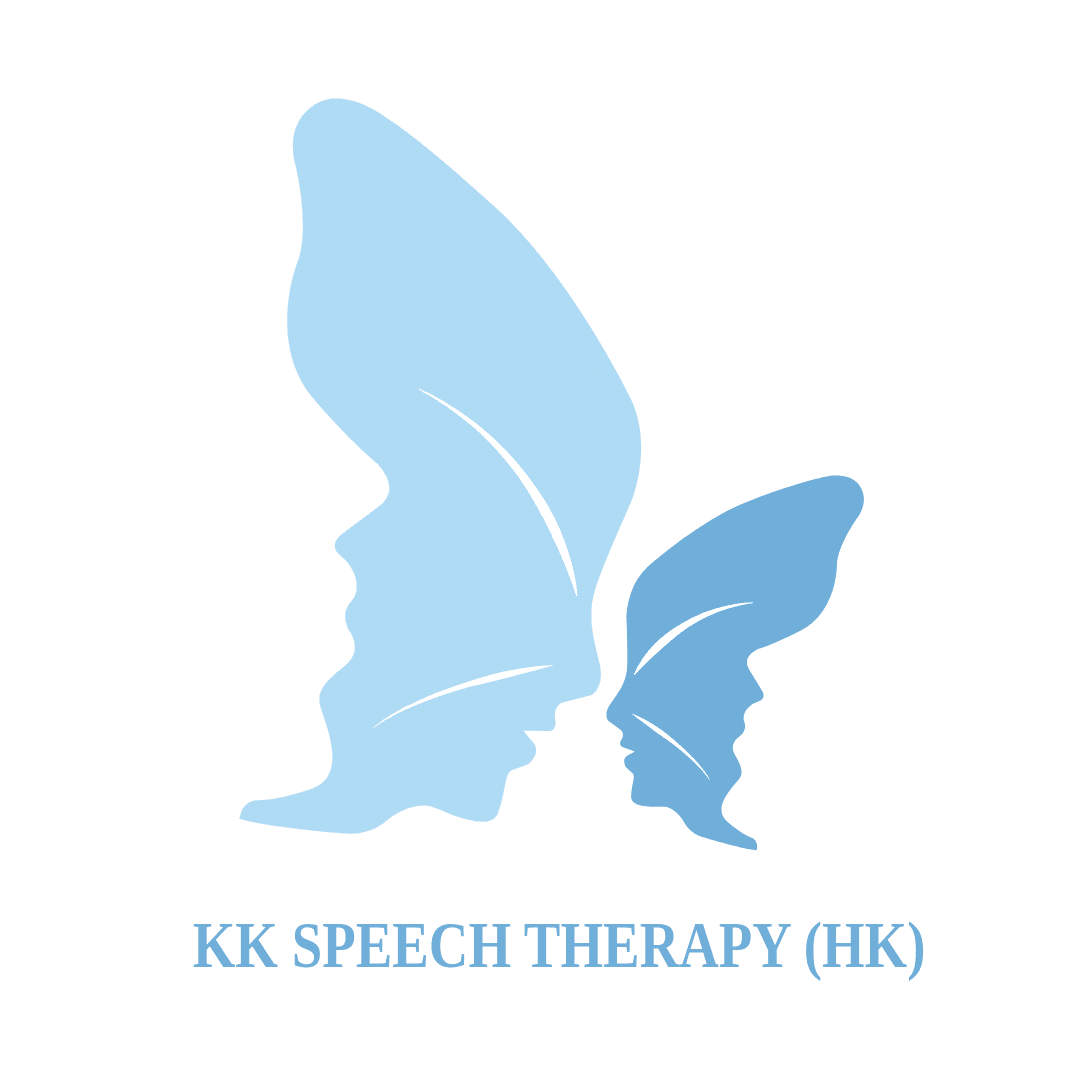Speech Sound Disorder
Children’s ability to produce speech sounds correctly is essential for being understood by others . When a child has difficulty pronouncing certain speech sounds appropriately for their age, it can be due to a speech sound disorder and they need a speech therapy.



At our clinic, we provide comprehensive assessment and treatment services for children with speech sound disorders. Our licensed speech-language pathologists begin with a thorough assessment process to carefully analyze each child’s speech production skills. We identify which specific sounds the child is struggling with and determine if there are any underlying issues impacting their sound development.
Once the assessment is complete, an individualized treatment plan is developed to improve the child’s speech clarity. Our therapists use evidence-based techniques during engaging treatment sessions to help the child learn how to properly produce the problem speech sounds. Home practice is also assigned to reinforce the new skills.
Speech therapy helps children speak more clearly. Early intervention is ideal, as many children can eliminate speech errors entirely with proper therapy by kindergarten age.
![autism_img2[1]](https://www.kkspeechtherapy.com/wp-content/uploads/2024/04/autism_img21.webp)
Understanding Speech Therapy
Speech therapy is a specialized treatment designed to improve communication and language skills for individuals of all ages. This therapy can address various speech disorders, including difficulties with articulation, fluency, voice, and language comprehension.
Key Areas of Focus
- Articulation Disorders: Problems with forming sounds correctly.
- Fluency Disorders: Issues like stuttering that affect the flow of speech.
- Voice Disorders: Abnormalities in pitch, volume, or quality of voice.
- Language Disorders: Challenges in understanding and using words appropriately.
Benefits of Speech Therapy
- Enhanced communication abilities
- Improved self-esteem and independence
- Better social interactions and academic performance for children
Common Techniques for Speech Therapy
- Exercises for the Mouth and Tongue: Strengthen muscles and improve coordination.
- Facial Movements: Enhance motor skills through controlled expressions.
- Reading Aloud: Strengthen brain-mouth connection.
- Memory and Word Games: Boost cognitive function and language skills.
Speech therapy is beneficial for conditions such as:
- Aphasia: Difficulty with language after brain injury or stroke.
- Apraxia: Problems with motor planning for speech.
- Dysarthria: Weak speech muscles causing slurred speech.
- Cognitive-Communication Disorders: Impaired communication due to brain damage.
When to Seek Help
Consult a healthcare provider if you or your child has difficulty speaking, understanding language, or communicating effectively. Early intervention, especially in children, can lead to more successful outcomes.

If you have any concerns about your child’s speech sound development, please contact us to schedule an evaluation. We are committed to helping children find their voice and communicate with confidence.
Why KK Speech Therapy?
- Trilingual Therapy Services: Our speech therapists are all bilingual and are able to deliver therapy fluently in Cantonese, Mandarin, and English to meet the needs of diverse linguistic backgrounds with utmost professionalism.
- Experienced and Trusted Speech Therapy Team: Our team has extensive expertise, successfully supporting numerous adults in improving language and swallowing abilities.
- Personalized Treatment Plans: We design tailored intervention strategies based on each client’s unique needs and circumstances.
- Ongoing Progress Monitoring and Adjustments: We regularly assess treatment outcomes and adapt strategies to ensure therapeutic goals are met.
- Supportive Family Program: We empower family members to become the most effective supporters of stroke patients as well as effective advocates for their child’s language and social development.
Contact Us
WhatsApp: +852 96274551
WeChat: KKspeechtherapy
